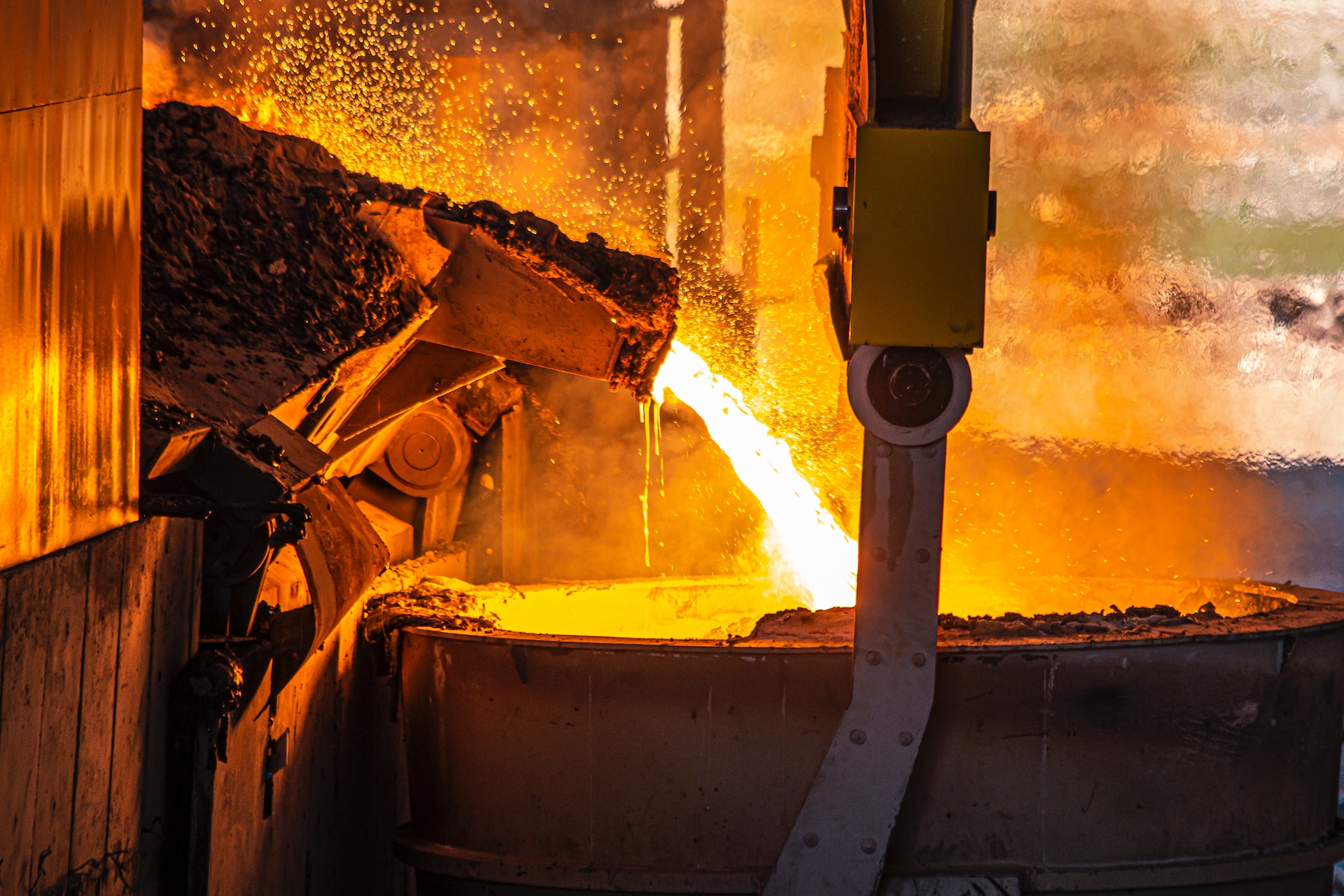Furnace maintenance is the best way to keep your home warm throughout the winter. It also helps to protect your warranty and save energy costs.
A qualified technician can identify small issues that can morph into major problems. These issues include carbon monoxide leaks, fire hazards, and low heating performance.
Save Money
The biggest benefit of a furnace tune-up is saving money. Over time, dust, dirt, and general wear and tear cause a furnace to become less efficient, leading to higher monthly energy bills. Regular maintenance will keep your furnace running as efficiently as possible, saving you hundreds of dollars in energy bills each year.
The other big way that maintenance can save you is by preventing costly repairs. Professional technicians can reduce the risk of major furnace repair by performing routine services like cleaning, lubricating, and inspecting the electrical wiring. Additionally, most manufacturer warranties require yearly maintenance as part of the warranty terms.
Furnace maintenance is as important as raking leaves, putting in storm windows, or preparing your home for fall.
Safety
Furnaces that are not properly maintained can be a fire and carbon monoxide hazard. If carbon monoxide is allowed to build up in your home, it can cause headaches and nausea; if the levels are high enough, it can be fatal. During furnace maintenance, licensed professionals ensure that the carbon monoxide exhaust pipe is properly vented and that no leaks are present.
Unmaintained furnaces also negatively impact indoor air quality by circulating dust and allergens throughout the house. Cleaning and replacing air filters ensures that only clean air is circulated.
Regular furnace maintenance can catch small problems before they become major issues, saving you money in the long run. Some common maintenance items include lubricating moving parts, checking and testing safety controls, cleaning and cleaning the burner assembly, and cleaning and inspecting the heat exchanger. Changing the furnace air filter every 1-3 months helps to ensure that your system does not get clogged, which reduces efficiency and performance.
Efficiency
In addition to keeping your home warm and safe, a well-maintained furnace will reduce energy waste. By cleaning, adjusting, and testing various parts like the blower motor and the heat exchanger, a professional technician can help a furnace maximize its efficiency. This means that you’ll spend less on heating throughout the winter.
One of the most important aspects of a furnace maintenance plan is changing air filters regularly. Dirty filters restrict airflow and increase the energy a furnace uses. Inspecting the pilot light and ensuring it is a blue flame is also important for furnace efficiency.
Regular inspections can prevent about 85% of the repairs a furnace might need throughout its service life. Professionals can catch problems early and fix them before they become more severe. In addition to this, the routine tune-ups reduce wear on parts. This means that your furnace will last longer and work better.
Warranty
Furnaces are expensive investments and must remain in good condition for as long as possible. Maintenance can extend the life of your furnace and save you money on premature replacement costs.
Many manufacturer warranties require that furnace owners schedule regular maintenance to qualify for the warranty. If you don’t maintain your furnace, the warranty may be voided, and you will be responsible for paying any repairs that occur when it is under warranty.
A well-maintained furnace is also more efficient, saving you money on utility bills. It can also prevent carbon monoxide leaks. This colorless, odorless gas can be very dangerous for family members and pets, and even small cracks in your furnace system can lead to this deadly leakage. A routine tune-up can detect any problems that could lead to carbon monoxide leaks and protect your family from this risk. For these reasons, you must schedule annual furnace maintenance.














